Jennifer Leman
Science Writing Intern, Fall 2018
Jennifer Leman was the fall 2018 science writing intern at Science News.

Trustworthy journalism comes at a price.
Scientists and journalists share a core belief in questioning, observing and verifying to reach the truth. Science News reports on crucial research and discovery across science disciplines. We need your financial support to make it happen – every contribution makes a difference.
All Stories by Jennifer Leman
-
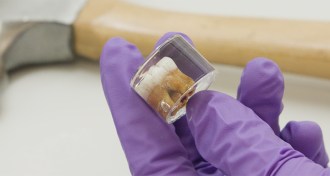 Anthropology
AnthropologyNeandertal teeth reveal the earliest known signs of lead exposure
Chemical analyses of teeth from young Neandertals show that lead exposure in hominids goes back some 250,000 years.
-
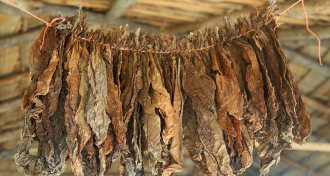 Archaeology
ArchaeologyPeople in the Pacific Northwest smoked tobacco long before Europeans showed up
Ancient indigenous groups in the Pacific Northwest used tobacco roughly 600 years before European settlers ventured west with the plant.
-
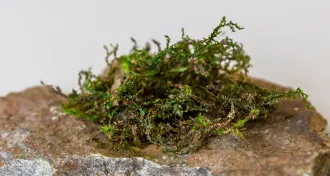 Plants
PlantsLiverwort plants contain a painkiller similar to the one in marijuana
Cannabinoids found in liverwort plants could spell relief for those suffering from chronic pain.
-
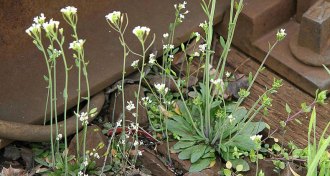 Agriculture
AgriculturePlants engineered to always be on alert don’t grow well
Scientists bred a type of weed to lack proteins that help stem the production of bitter chemicals used to ward off insect attacks.
-
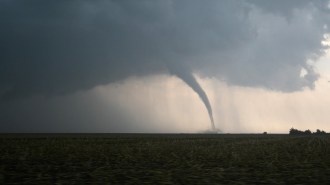 Climate
ClimateMore tornadoes are popping up east of the Mississippi
Tornadoes are becoming slightly less frequent in Tornado Alley, while more are touching down farther east in the United States, a study suggests.
-
 Agriculture
AgricultureAdd beer to the list of foods threatened by climate change
Barley crops around the world will be threatened by drought and heat.
-
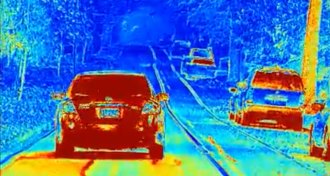 Tech
TechSelf-driving cars see better with cameras that mimic mantis shrimp vision
A new type of camera that sees in polarized light across a wide range of light intensities could help make self-driving cars safer on the road.
-
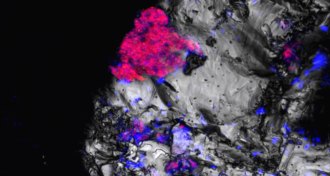 Earth
EarthThese light-loving bacteria may survive surprisingly deep underground
Traces of cyanobacteria DNA suggest that the microbes live deep below Earth’s surface.
-
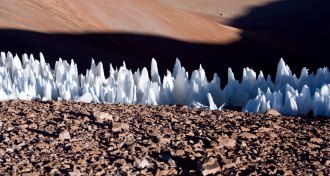 Planetary Science
Planetary ScienceSpiky ice spires may stud the equator of Jupiter’s moon Europa
Fields of jagged ice spires, if they exist, could affect where future spacecraft land on the Jovian moon.
-
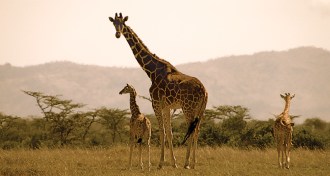 Animals
AnimalsGiraffes inherit their spots from their mothers
Africa’s tallest creatures get their characteristic patterns of spots from their moms, a new study finds.
-
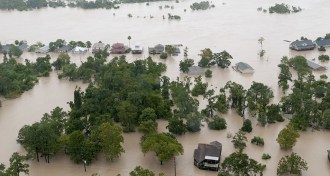 Climate
ClimateTracking how rainfall morphs Earth’s surface could help forecast flooding
After Hurricane Harvey, scientists used GPS networks to track how Earth’s surface morphed under the weight of floodwaters.
-
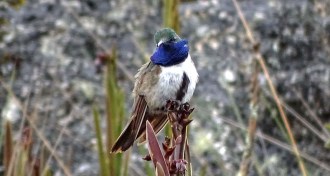 Animals
AnimalsA new species of high-altitude hummingbird may already be in trouble
Researchers have discovered a new species of hummingbird high up in the Ecuadorian Andes.